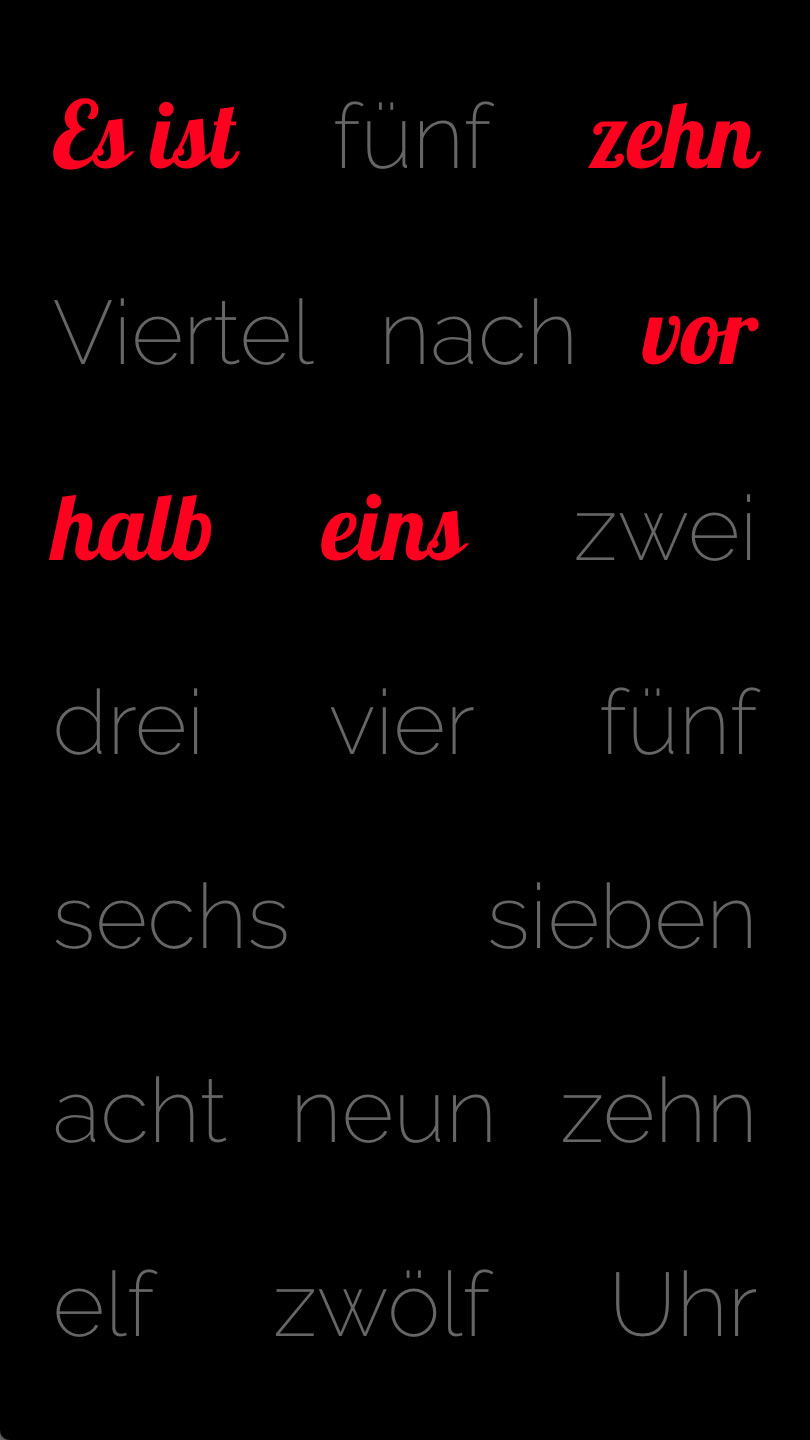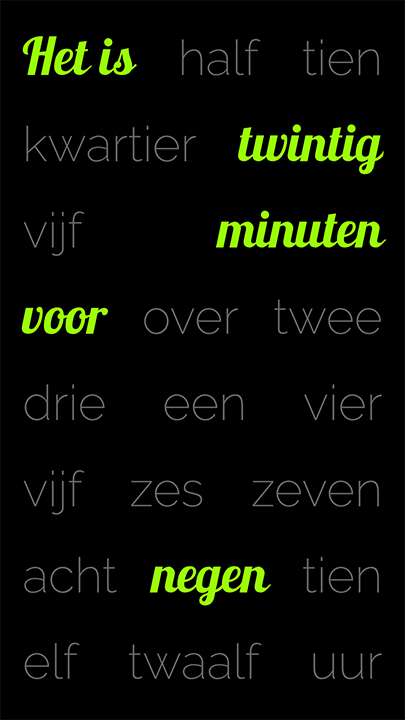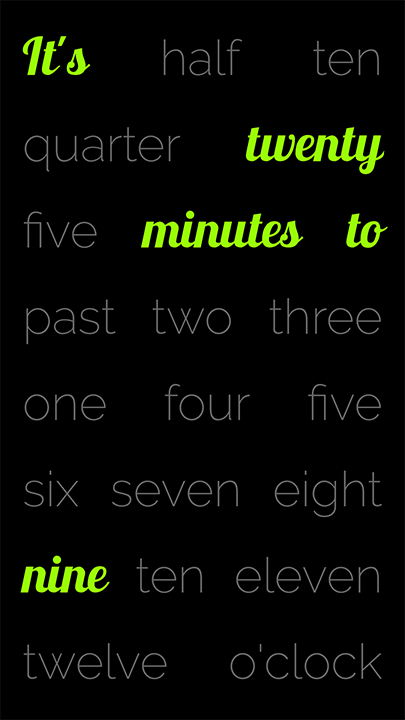Read the statement by Michael Teeuw here.
Help Translating Word Clock
-
@willfri @strawberry-3-141
Is the translation of 13:20 okee, I would say “Es ist zehn vor halb zwei”? -
@strawberry-3.141 This is amazing! Thanks for this. Let me know when the tall version is available and I’ll merge it in
-
@pjkoeleman Yes, “Es ist zehn vor halb zwei” would be better as “Es ist zwanzig nach eins”
-
@willfri
Then we have to ask @j-e-f-f if he will changes this in the German language.Disclamer : Ich bin nur hier, um mein Deutsch zu üben.
-
I am ashamed to tell this, I’m living in Germany for years but cannot speak any Deutsche. :)
You can see this.
https://learn-german-easily.com/tell-time-in-german -
@pjkoeleman Yep I’ll take care of this. Thanks for pointing this out!
-
@Sean From the link you sent, it appears that “Viertel” should always be capitalized, much like “Uhr.”
@willfri @strawberry-3-141 is that the case?
-
@j.e.f.f said in Help Translating Word Clock:
@Sean From the link you sent, it appears that “Viertel” should always be capitalized, much like “Uhr.”
Viertelis a noun.viertelis an adjective. All nouns begin with capital in German.Additionally,
Einsis a feminine-noun. It means ‘number 1’
einsis a numeral, but varied form. The root form isein.einsis used as neutral-noun when used alone without any other subjective. So,einsis shorten fromein Uhr. One more funny thing,Uhris feminine-noun, soeine Uhrmeansa clocknotan hour -
I just pushed an update to correct the German layout. Here’s an example:

-
erm… sounds strange to me (Switzerland)
We say: “Es ist zwanzig nach zwölf”
or “es ist fünf vor halb eins”or “es ist fünf nach eins”
or “es ist zwanzig vor eins”but nobody here says “zehn vor halb eins”
… complicated this world languages, everybody talks different :D


